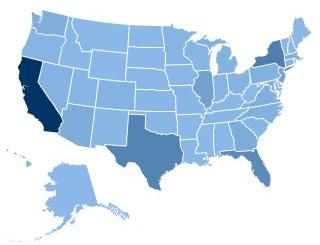Published on Sun, Oct 16, 2011
THE ISSUE
Members of the Latino community in Alabama closed their businesses and stayed away from work and school Wednesday to make a point about their contribution to Alabama’s economy. A closer look reveals it is a significant contribution, regardless of legal status.
Alabama’s unduly restrictive new illegal immigration law has prompted a backlash from many in the state’s Latino community, who rightly contend they are an important part of the state’s economy.
Latino-owned businesses closed their doors Wednesday, and many Latino workers and students stayed home in a show of solidarity against what is considered the nation’s strictest immigration law.
A three-judge federal panel temporarily blocked enforcement of parts of the law Friday, but most of the objectionable portions of the law that give police sweeping powers to detain people suspected of being in Alabama illegally were left intact. The court will review the law in the coming months.
So, what of Latinos’ claims that their businesses and labor are an important part of the state’s economy?
A survey of information compiled by the Immigration Policy Center bears out their arguments. For example, unauthorized immigrants in Alabama paid $130.3 million in state and local taxes in 2010.
A breakdown of that number is:
• unauthorized immigrants paid $25.8 million in Alabama income taxes in 2010.
• unauthorized immigrants paid $5.8 million in Alabama property taxes.
• unauthorized immigrants paid $98.7 million in Alabama sales taxes.
Statistics compiled by the Pew Hispanic Center showed that unauthorized immigrants make up approximately 4.2 percent of the state’s workforce with 95,000 workers in 2010.
Most Latino business owners are legal residents, but many of them entered the country illegally years ago looking for work.Read more...
Published in the Times Daily



